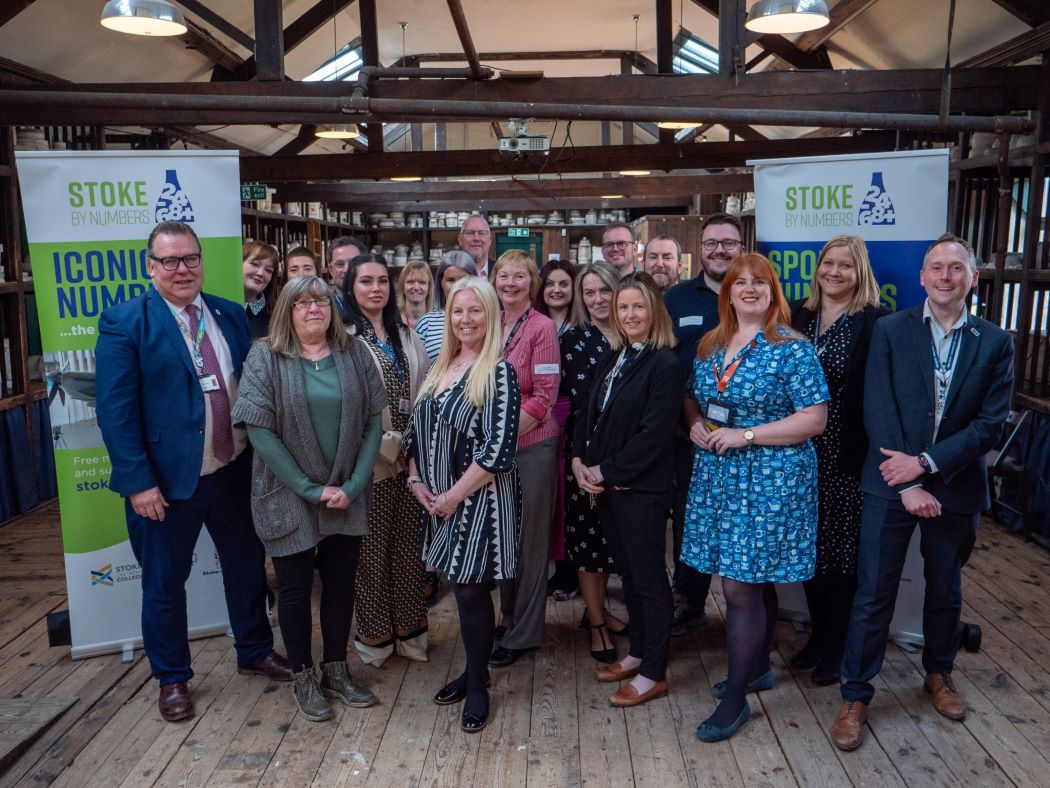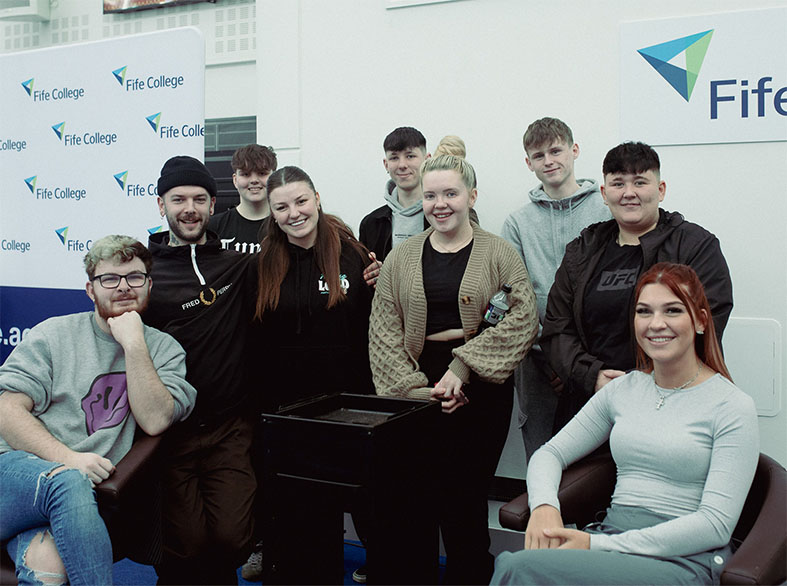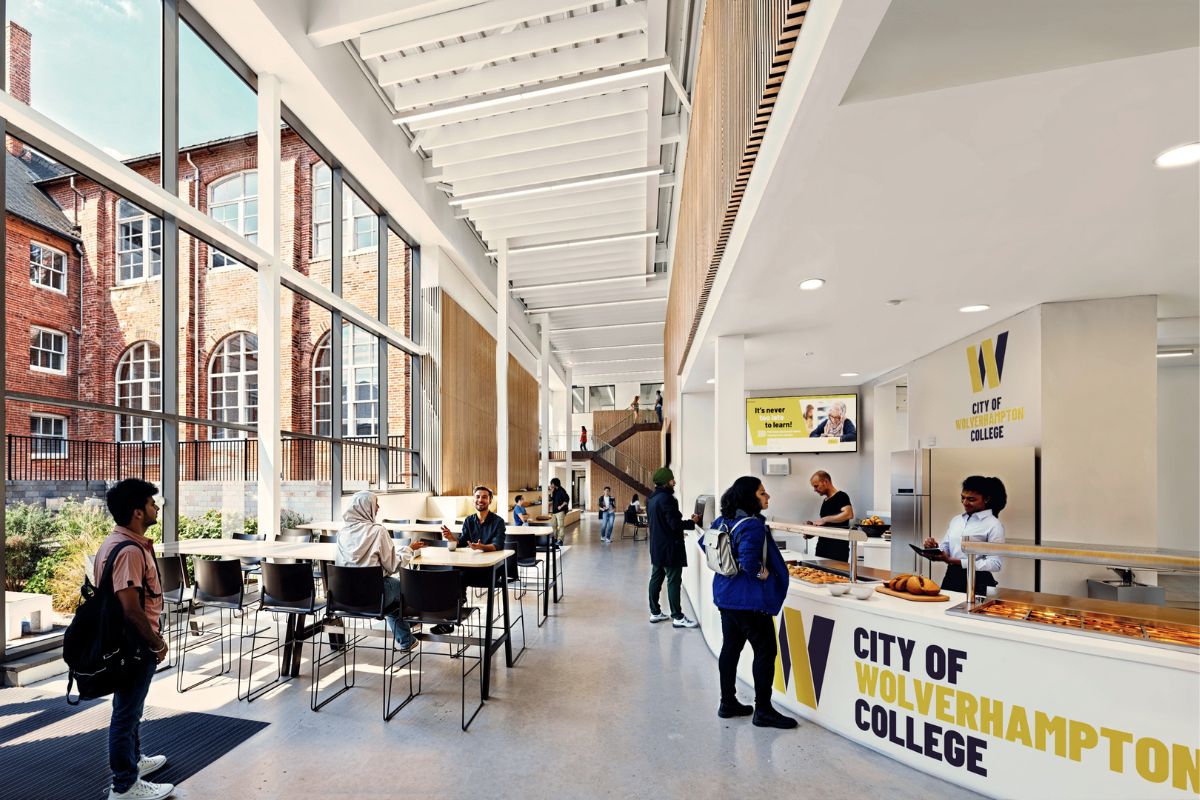A Powerful Alternative for Teaching Development

With two decades of experience in further education, I have consistently participated in formal observation processes, which have provided valuable insights into pedagogical practices and evaluative frameworks. Over time, I have developed a deeper understanding of how these observations contribute to professional development, both for myself and my colleagues. These observations, while offering numerous benefits, have also highlighted challenges in fostering growth.
At the outset of this academic year, I was introduced to the concept of “unseen observation,” an approach that was unfamiliar to me at the time. Driven by a desire to expand my understanding and improve my pedagogical skills, I actively sought out training opportunities related to this method. The training experience prompted me to critically reconsider traditional observation techniques, particularly the emphasis on direct, first-hand observation of a colleague’s teaching practice.
Initially, I experienced some apprehension at the prospect of supporting a colleague without having observed their teaching directly. The challenge of providing constructive feedback in the absence of direct observation raised concerns about the effectiveness of this method. However, as I began to engage with the unseen observation process more deeply, I quickly recognized its unique advantages. By focusing on specific, pre-identified areas of my own teaching practice, I was able to bring a more reflective and targeted approach to the process. Moreover, the act of assisting colleagues through unseen observation enabled them to gain insight into their own teaching practices, facilitating constructive dialogue about strengths and areas for development. This method ultimately proved to be a valuable tool, not only in enhancing my own teaching but also in fostering a collaborative environment where peer feedback and professional growth could thrive.
Unseen observation has been instrumental in both my professional and personal development. It encourages reflection in a non-judgmental manner, promoting self-awareness and offering valuable insights into my teaching. Professionally, it has enhanced decision-making, communication, and collaboration by fostering a deeper understanding of my own behaviours’ and those of my colleagues. On a personal level, this approach has encouraged emotional regulation, resilience, and a growth mindset, as challenges are seen as opportunities for learning. It has also reduced self-criticism and supported mindfulness, contributing to improved well-being.
Following my involvement in the unseen observation process, I was prompted to reflect on its impact, especially considering how traditional observations tend to focus on setting targets and completing actions. This led to a discussion with the Workforce Development and Innovation Manager at Walsall College, who introduced me to the reflective cycle within the college system. Engaging in this cycle deepened my understanding of the substantial benefits that both I and my colleagues have gained from this process. I came to realise that unseen observation is not a mere procedural task, but a meaningful, long-term development opportunity that fosters continuous growth and support.
By Keri Birch, Quality Development Coach at Walsall College












Responses